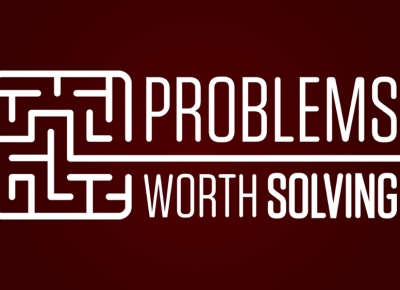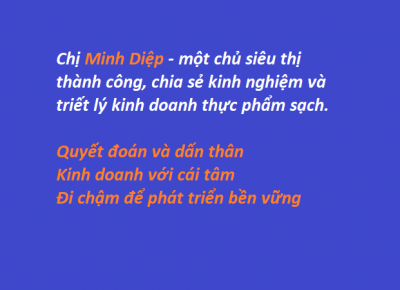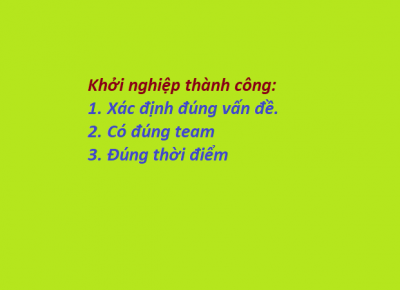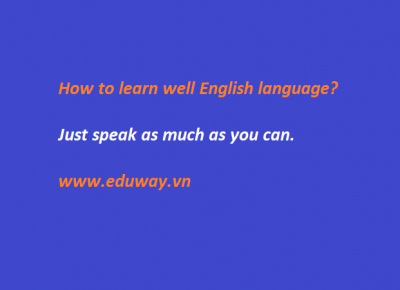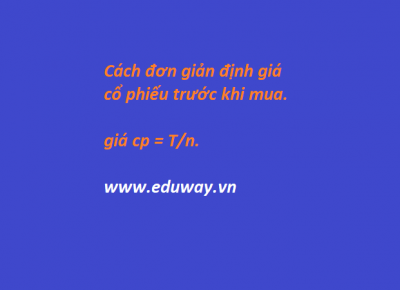Background Knowledge: The Glue That Makes Learning Stick
A person's background knowledge, often called prior knowledge, is a collection of "abstracted residue" (Schallert, 2002, p. 557) that has been formed from all of life's experiences. We all, whether as a toddler or a centenarian, bring diverse bits of background knowledge—consciously or subconsciously—to every subsequent experience, and we use them to connect or glue new information to old. Background knowledge is an essential component in learning because it helps us make sense of new ideas and experiences.

Figure 2.1
Consider an early 20th century photograph shown in Figure 2.1 of a row of men with their backs to the camera, perusing information in front of a building with the sign "National Association Headquarters Opposed to Woman Suffrage." Closer to the photographer, a lone woman is also facing away from the camera, her body language indicating that she is watching and reacting to the men. If the photograph is viewed by someone who knows the term suffrage, he will likely understand the dramatic irony portrayed in the photo. If a viewer doesn't know what suffrage means or has no background knowledge about the movement, he will be unable to "read" this piece of text. The viewer who understands the photograph is not smarter or more advanced than someone who doesn't understand it; he simply has knowledge that allows him to unlock the meaning. With a little bit of background—the definition of suffrage, for example—anyone may be able to answer low-level comprehension questions about the photo, but extensive prior knowledge about the suffrage movement and the violence that erupted in opposition to women's demands to vote deepens understanding of this scene. Failing to understand the photo is analogous to failing to understand print text—something that happens to students with insufficient background knowledge. They may see the photograph—that is, pronounce words without error, read fluently, and even answer some questions about the text—but the full meaning of the text eludes them without pertinent background knowledge.
Importance of Background Knowledge
I was visiting an 8th grade social studies class soon after the tsunami hit Japan in 2011. The teacher had abandoned the textbook lesson to focus on the disaster. With copies of USA Today in front of them, students read about the imminent danger of the nuclear reactors having a meltdown at the Fukushima Daiichi Nuclear Power Plant. Suddenly, I realized that my background knowledge was insufficient for understanding the potential consequences. Yes, I knew that it would be a very bad thing if the nuclear reactors experienced a meltdown, but beyond that, I had no concept of a melting nuclear reactor. Because I cared about what happened (notice the intrinsic motivation), I read several articles about nuclear reactors online; found some simple graphics that described possible scenarios; and asked my father, a retired nuclear power plant engineer, to explain how they operate. As the gaps in my knowledge filled, my comprehension soared.
How important is background knowledge? According to Robert Marzano, "What students already know about the content is one of the strongest indicators of how well they will learn new information relative to the content" (2004, p. 1). John Guthrie is equally adamant as he writes about comprehension as impossible without prior knowledge (2008, p. 11), and the National Research Council states definitively, "All learning involves transfer from previous experiences. Even initial learning involves transfer that is based on previous experiences and prior knowledge" (2000, p. 236).
Background Knowledge
The problem for students and teachers, however, is obvious: the background knowledge playing field is not equal. Let's take a chapter in a science textbook on stars and planets. In a typical science classroom, especially in grades 7 and up where students may have come from a variety of elementary schools, you might have several students whose elementary science teacher worked at a planetarium during college and enthusiastically helped her students build a mock planetarium in the classroom. On the other hand, you may have a group of students whose teacher never really got into astronomy and whose background knowledge is almost nonexistent. Then there are all those other students: kids whose parents have telescopes, kids who live in brightly lit cities and never notice the night sky, and kids who search the Internet for information on constellations because they have an inherent interest in stars.
In addition, there is an affective component to prior knowledge. A good example is the knowledge 5th graders bring to a textbook chapter on the civil rights movement. Those who have visited the Kelly Ingram Civil Rights Memorial Park in Birmingham will likely have a strong visceral response when studying the bombing of the 16th Street Baptist Church in 1963, and they may have an empathetic understanding of what it feels like to be sprayed with fire hoses after viewing the displays and photographs. Students whose relatives were active in the movement may have heard so many stories that they feel like they were there, though they were not born until decades later. These students bring to the social studies or English text not only objective information but also an emotional response that creates a virtual experience as they read. Beginning with the first chapter in a textbook unit and moving lockstep through the book is not only an inefficient way to teach but is unfair both to those who have background knowledge and, more important, to those who do not.
Read more at ascd website

